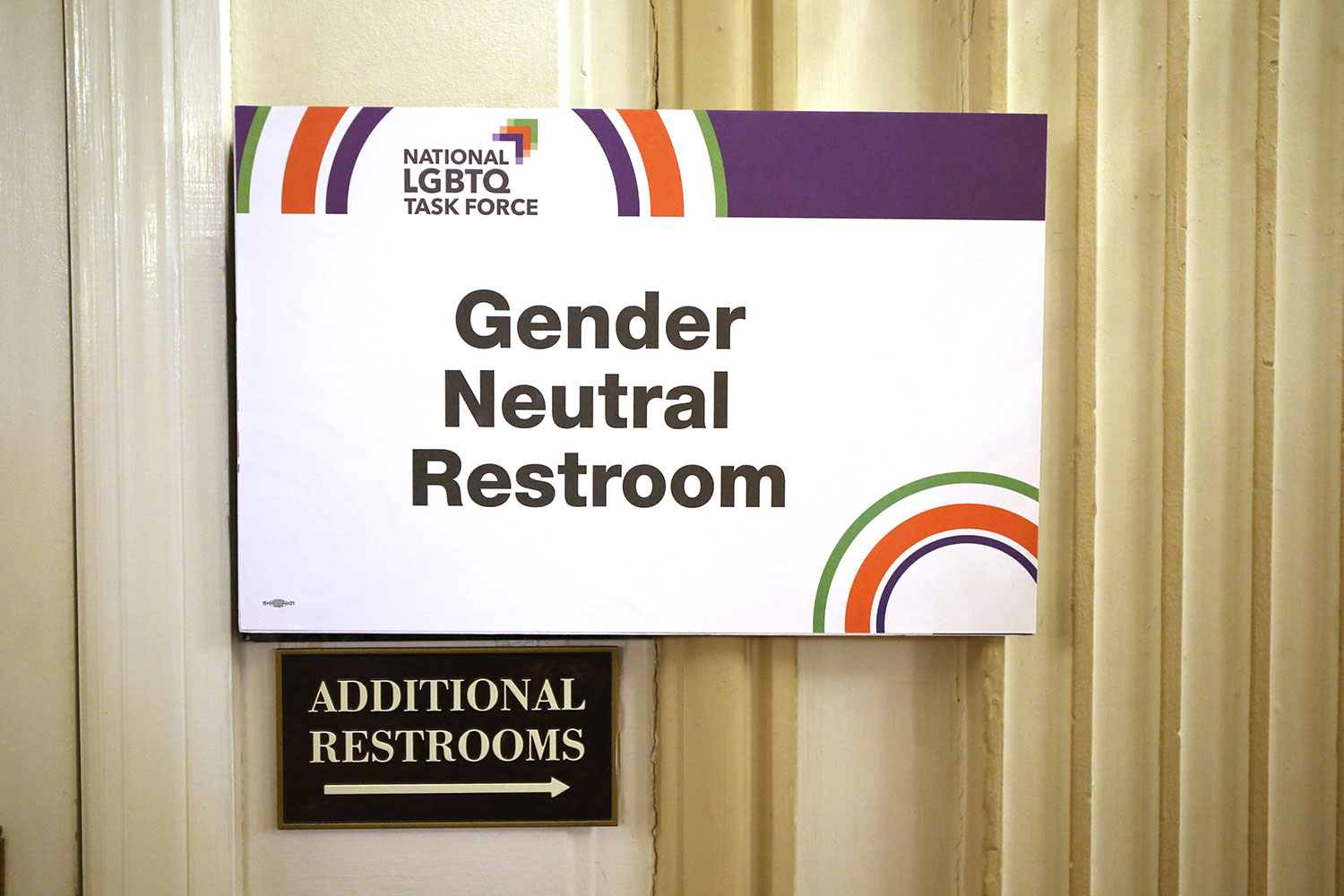All of youse need to start talking like Dale Andrews, owner of Cafe 63, a diner on 63rd Street in Clearing. When a couple enters his restaurant, he greets them by asking, “How are youse doing?” He doesn’t ask, “How are you guys doing?” as a North Side restaurateur might do. That would be insensitive, since usually only one member of a couple is a guy — especially in Clearing.
“Youse” is a word that was long ago banished from proper English usage, if it ever belonged there. It was invented by the Irish, as a kludge to correct for the fact that English has no standard second-person plural. The inventive Irish simply added an “s” to you to make it plural. (In Shakespeare’s time, “thou” was singular and “ye” was plural, but both were replaced by “you.”) Irish immigrants brought the word to America, where it was adopted by working-class speakers of all ethnicities.
“I hear it from customers all the time,” says Andrews. “It’s pretty commonplace in Bridgeport, Canaryville, McKinley Park, anybody who went to Kelly High School. I dated a girl from Kelly, and she was strong South Side Irish. If you grew up that way and you never left the neighborhood, you’ll say it: ‘Where are youse guys going? Let’s go to the Jewels.’”
I have also heard “youse” in Beverly (“Are youse lost?”), as well as Boston, Buffalo, Cincinnati, St. Louis, New York, Dublin, and the Upper Peninsula of Michigan. As useful as it is, though, “youse” developed an image problem. It was regarded as a word used by unsophisticated, uneducated white ethnics, such as Philadelphia Mayor Frank Rizzo, who once threatened to beat up a TV news crew by telling them, “By myself, I’ll take youse physically.”
And so, youse fell out of favor with educated speakers, who came to prefer the clunky, gendered “you guys.” In Pittsburgh, the equivalent term is “yinz,” a contraction of “you uns.” At a Pittsburgh sports memorabilia shop named Yinzers, I met a young man whose high school teacher instructed him to stop saying “yinz” and start saying “you guys.” He was proud of being a Yinzer, and perplexed that even Pittsburghers thought the word was incorrect.
“I think it’s what makes us unique as a city,” he told me.
This is the 2020s. We’re more enlightened now about using gender-neutral language. According to Dictionary.com, “applying the terms guys and you guys indiscriminately can end up excluding, ignoring, or creating discomfort for some people—particularly women and nonbinary people.” It’s the same reason the title of our City Council members was changed from “alderman” to “alderperson.” The website suggests several alternatives, including “you folks” and “y’all.” “Y’all” is acceptable among all classes of speakers in the South, and it’s used by Black Chicagoans, who have Southern roots. At this week’s City Council meeting, 20th Ward Ald. Jeanette Taylor repeatedly addressed her fellow alders as “y’all.”
However, as Andrews points out, “y’all” just doesn’t sound proper coming from the mouth of a white ethnic Chicagoan.
“It wouldn’t fit,” he says. “In Mississippi, you’re in.”
That’s why it’s time to bring back “youse.” Once rejected as reactionary, it’s turned out to be more progressive than its replacement. Even though I didn’t grow up saying “youse,” I’ve started using it with my children. “I want youse both to wash your hands,” I tell them at suppertime.
Youse can use youse, too. Every one of youse. Just practice these sample sentences.
“Can I get youse anything to drink?”
“Can I help youse?”
“Where are youse goin’?”
“Are youse not from around here?”
“Get the f— outta here or I’ll kill the both of youse!”
Just don’t say “youse guys,” though. That’s the gendered language we’re trying to get away from.



